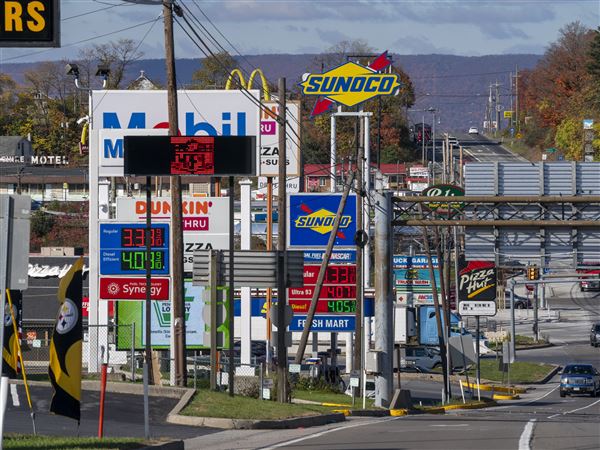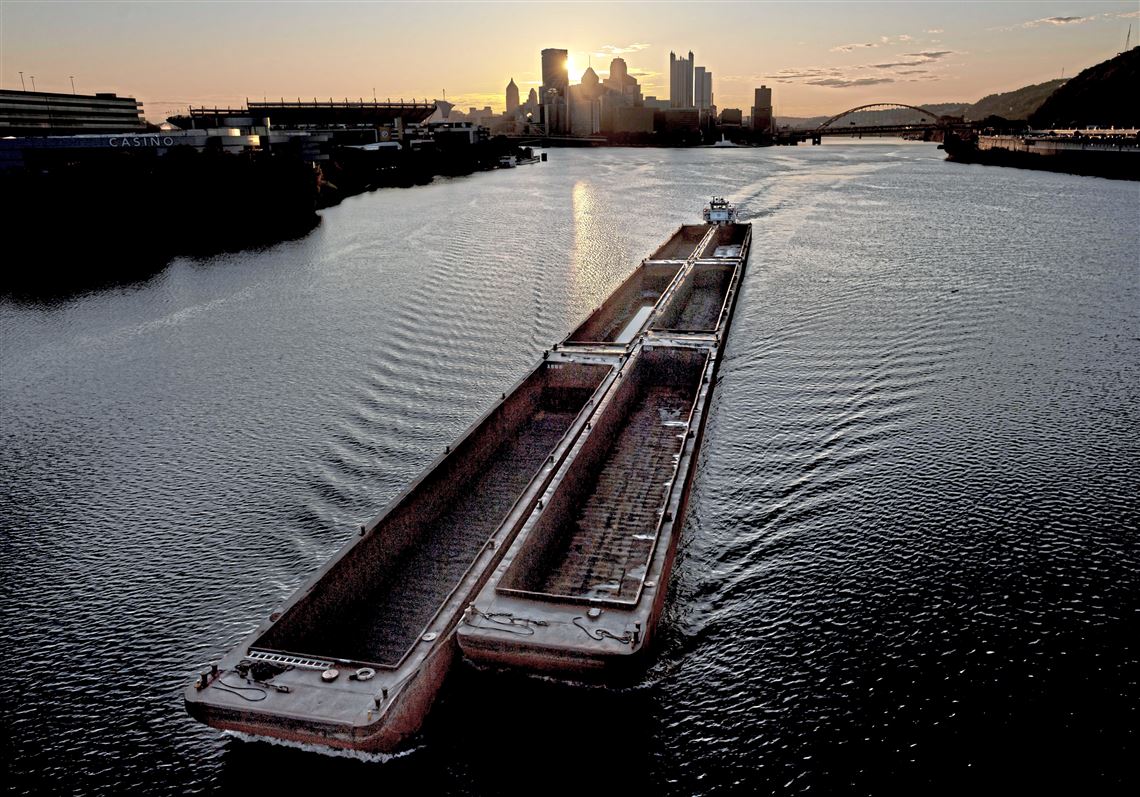As an outreach educator for RiverQuest a number of years ago, I was always struck by the beauty and diversity of our region’s rivers and shorelines. Although our rivers are far from pristine, we have come a long way from the days when industrial pollution made these rivers unable to sustain aquatic life. We have the Clean Water Act to thank for that.
Now, though, our rivers face a new threat: the barging of toxic wastewater from seven proposed terminals on all three rivers (“Network of companies looking to move fracking wastewater in barges up and down Pittsburgh’s rivers,” May 31).
With terminals spanning Pennsylvania, West Virginia and Ohio, the barging of this waste, originating from the shale gas industry, puts at risk our drinking water, recreational opportunities and health.
The shale gas industry produces a tremendous amount of toxic waste in liquid, sludge and solid forms. This waste is a public health concern because of its toxicity, radioactivity and lack of government oversight in its handling. Oil and gas waste is not classified or treated as toxic due to exemptions in federal legislation.
Barges, although efficient modes of transportation, are not accident-proof. They may leak, spill, sometimes break loose, crash and even sink. Putting barges full of toxic waste into our rivers, which remember is a major source of drinking water for the region, is a surefire recipe for a public health disaster. Putting the health and well-being of our families at risk, just for the expediency of industry, is a practice we can and should avoid.
Debbie Larson
Mt. Lebanon
The writer is medical outreach coordinator
for the Environmental Health Project.
First Published: June 27, 2021, 4:00 a.m.















